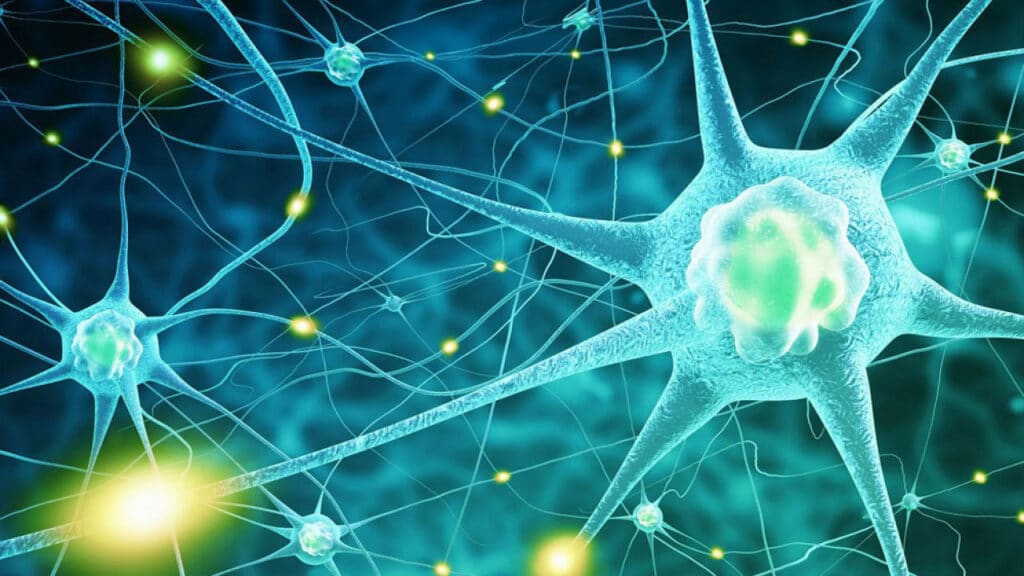Your body is constantly reacting to changes both inside and out. You need to know when to move and when to stop. You need to grow and to heal. Your heart and lungs will work harder or slow down depending on what’s going on around you. Your mood will adjust to circumstances. Each cell has its own specific function, and those functions need to interact with every other cell.
Instructions might start out in the brain, but they still need to get around the rest of the body so all of your cells know what’s going on. Humans have two types of internal messaging. Messages can go through the nervous system or the endocrine system. In other words, they can be transported via neurotransmitters or via hormones.
Neurotransmitters are the quicker type of messenger, sending their electrical signals almost instantaneously. Sensory nerves specifically deal with sensory input. When you see, hear or smell something, they’re what take that information from the eyes and ears and nose to the brain. Motor neurons are then how the brain tells muscles that they need to move, like dodging out of the way if someone throws something at you. Mixed nerves combine sensory and motor roles and can be found in the spine.
Hormones can be contrasted to nerves, although they may seem to have a similar role. They’re chemical rather than electrical impulses. They are part of the endocrine system rather than the nervous system. They act much more slowly than nerve impulses, but the effects they have tend to be longer-lasting.
Long-term impacts of hormones can include everything from the physical size and appearance of your body to how your brain works. We don’t have any personal control over when our glands do or don’t release hormones, or how much of each hormone is produced, although hormone replacement therapy can be used to treat deficiencies. It’s mostly an automatic process. Neurotransmitters control automatic reflexes as well as voluntary movement.
Messages travel from the brain to the glands and back to tell the body when certain hormones need to be increased or decreased. The hormone will then tell a specific organ how to behave. You generally don’t need much of a hormone to have a big impact. Hormones travel through the bloodstream rather than through nerves. You need both hormones and neurotransmitters for the body to work properly.




